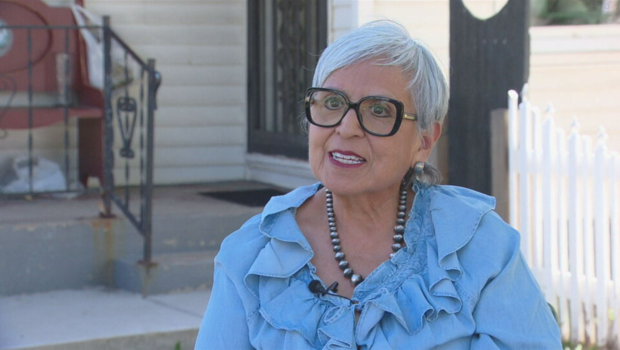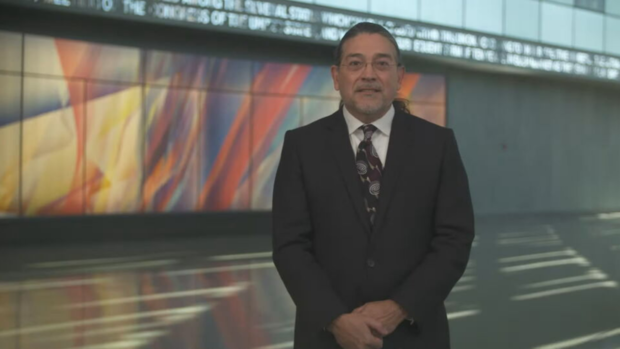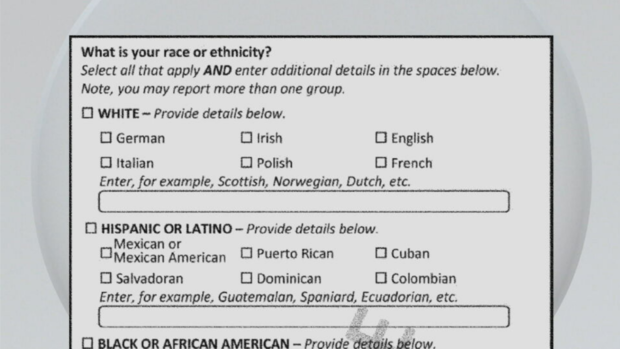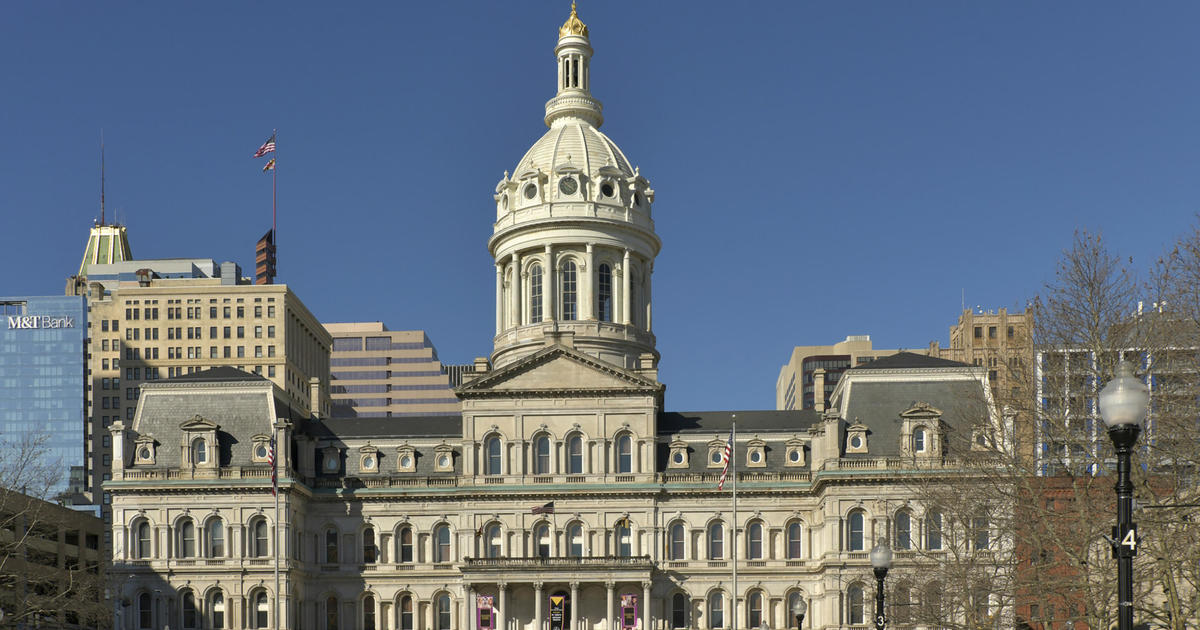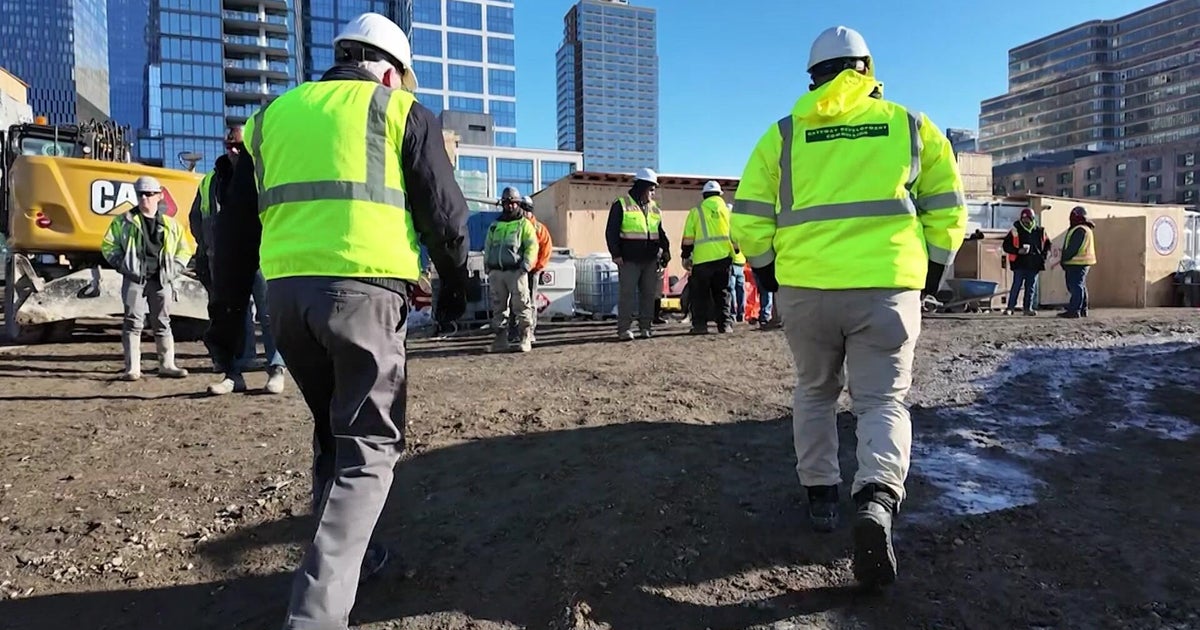Revisions planned for U.S. Census to reflect how Latinos, other communities of color see themselves
Every ten years the United States undertakes the Census - a count of the country's population. It is mandated by the U.S. Constitution and the data is essential for apportioning seats for Congress and deciding how funds to states and local governments are distributed.
We're learning how the federal Office of Management and Budget, which sets the race and ethnicity standards for the US Census, is proposing a change to how these are measured. The intent is to better capture how millions of Americans - including Latinos - identify themselves.
The data that's captured by the US Census informs so much of American life, ensuring that every community gets its fair share.
"Voting rights, everything that's important in our civic participation and our civic engagement is measured," said Rosemary Rodriguez.
Rodriguez is a former Denver City Council President and Denver School Board member. She also served on the U.S. Election Assistance Commission and led a nonprofit called Together We Count Colorado that ensured hard-to-count communities completed the 2020 Census.
She told us, "The race and ethnicity question is the hardest question on the form."
For decades, Latinos in the United States have struggled with how to respond to the question about race – because millions do not consider themselves white, Black or American Indian or Alaska Native.
According to the Census, in 2020 "nearly all of those who were classified as Some Other Race alone were of Hispanic or Latino origin (26.2 million out of 27.9 million, or 93.9%)."
"I myself grapple with it every single time I get a government form and they ask the question," Rodriguez said. "I finally settled on calling myself what I believe I am, and that's mestizo."
"The decennial census is still the nation's benchmark for our people," US Census Bureau Director Robert Santos says in an official Census video.
Early last year Santos became the first Latino to lead the bureau.
A proud Chicano from San Antonio, Texas, Santos is part of a working group proposing to combine race and ethnicity into a single question on the census. Santos says the new format will more accurately capture the way Latinos and other groups see themselves.
He said in an interview with CBS News Colorado, "We have the flexibility now to capture the complexities involved in people telling their story in a way that wasn't as needed back, a few generations ago."
Like Rodriguez, Santos has previously checked Hispanic and "other" on the race question - writing in mestizo - the term for people of Hispanic and Indigenous ancestry. Going forward the Census will aim to paint the growing diversity of the country's population.
Rodriguez said, "It's important to people that we be recognized for what we believe we are."
"The bottom line is that if we want to be a society that helps each other and for the public good, we need to understand who we are," said Santos.
By mid-decade, in 2024, the Census Bureau says it expects to decide on the initial operational design for the 2030 Census.
